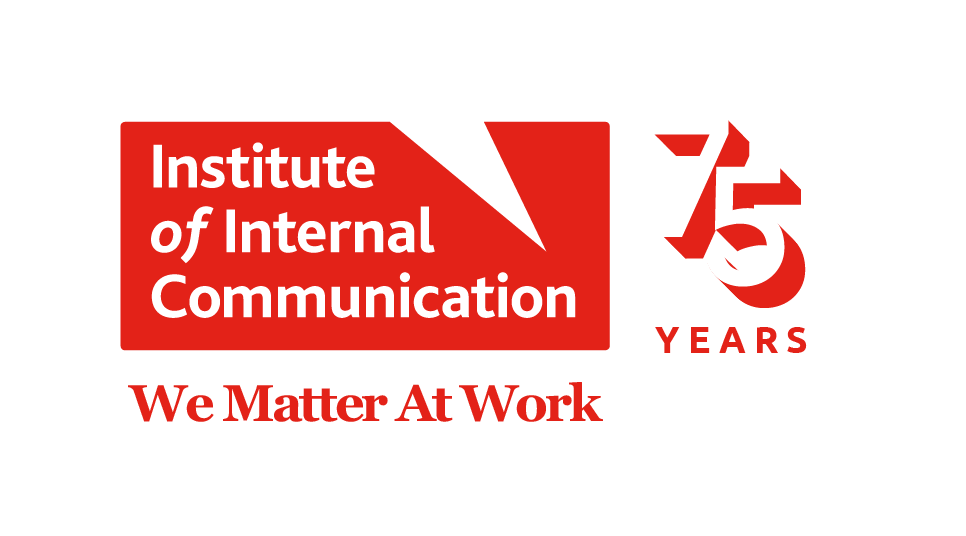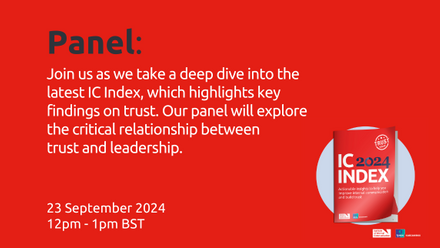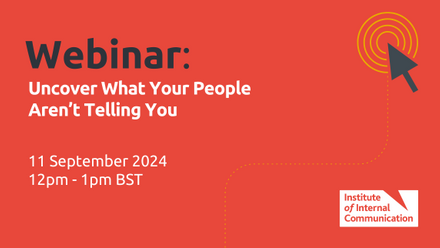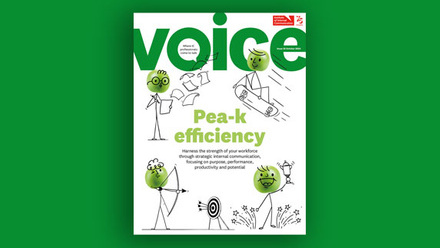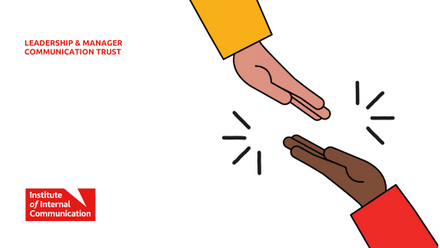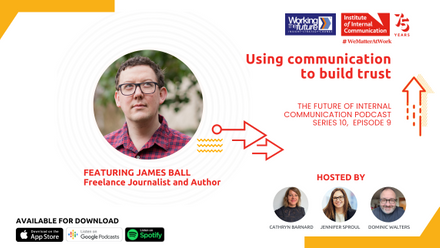When helping clients with this challenge, I always turn to the trust equation as originally set out by David Maister.
It's a useful way of calculating those often subconscious factors that determine whether someone trusts another person. Think about your last encounter with someone who was trying to convince you of a change at work. Subconsciously you were considering their credibility in the area they're talking about, their reliability in delivering previous changes like this, how much they seem to understand you and your needs and, underneath all that, how much they really care about you. Making sense of these subconscious factors is what the trust equation is for.
Unpicking the equation
Credibility: This focuses on whether the person involved has the expert knowledge to talk about the subject. Do they know what they are talking about?
Reliability: This relates to the individual's actions and whether they are viewed as a reliable person overall.
Intimacy: This closely relates to empathy and is a measure of how likely someone will believe that the champion will keep confidential information to themselves, and understands their position/challenges.
Lastly there's self-orientation...
Self-orientation underpins all the other three areas, it's a very strong influencer on trust. It's also the hardest to reclaim once it's lost. Unlike credibility, for example, where you can learn more about a subject, if you've not displayed self-orientation then building enough of the other factors to maintain trustworthiness is going to be very difficult.
Self-orientation is about your motives. People are trying to determine if you have their best interests at heart. When we consider if someone has a hidden agenda, then we're looking at their self-orientation. It's why someone is less likely to trust a salesman peddling new software, compared to an ex-colleague who is already using it.
But everyone has their own motive to some extent. The key is to be clear on what this is from the outset. Stating your interests from the start isn't usual practice for many businesses - but it should be. Take a look at Facebook which is now trying hard to reclaim lost trust over its use of your data. If it had been overt from the start and told people that the service was free in exchange for use of their data, then it would likely be in a much stronger position trust-wise than it currently stands. Their interests, whilst not necessarily accepted by everyone, would at least have been understandable to everyone and would probably have cost them fewer users and revenue.
Why use the trust equation?
Supercharging your change management efforts has long been about exploiting network effects. But to make the most of this technique you need to find champions' whose opinions and advice the company trusts. So before you choose your champions, run them through the trust equation. You need to ensure that whoever you pick to deliver your internal messaging, scores as high on trust as possible. Ideally, you're aiming for a group of trustworthy champions that can cover all of your stakeholders, whether that's one per business area, geographical location or office.
Building trust in your comms
The trust calculation has further applications beyond determining the trustworthiness of your internal champions. You can also apply it more widely to every aspect of your internal comms. Consider what you're saying to people about the change more generally. Have you demonstrated credibility? Have you provided evidence of reliability? Are you using language which resonates with the audience and have you said why, including being honest and authentic about your interests?
Use this as your framework and you'll soon build trust in your internal comms and change management.
